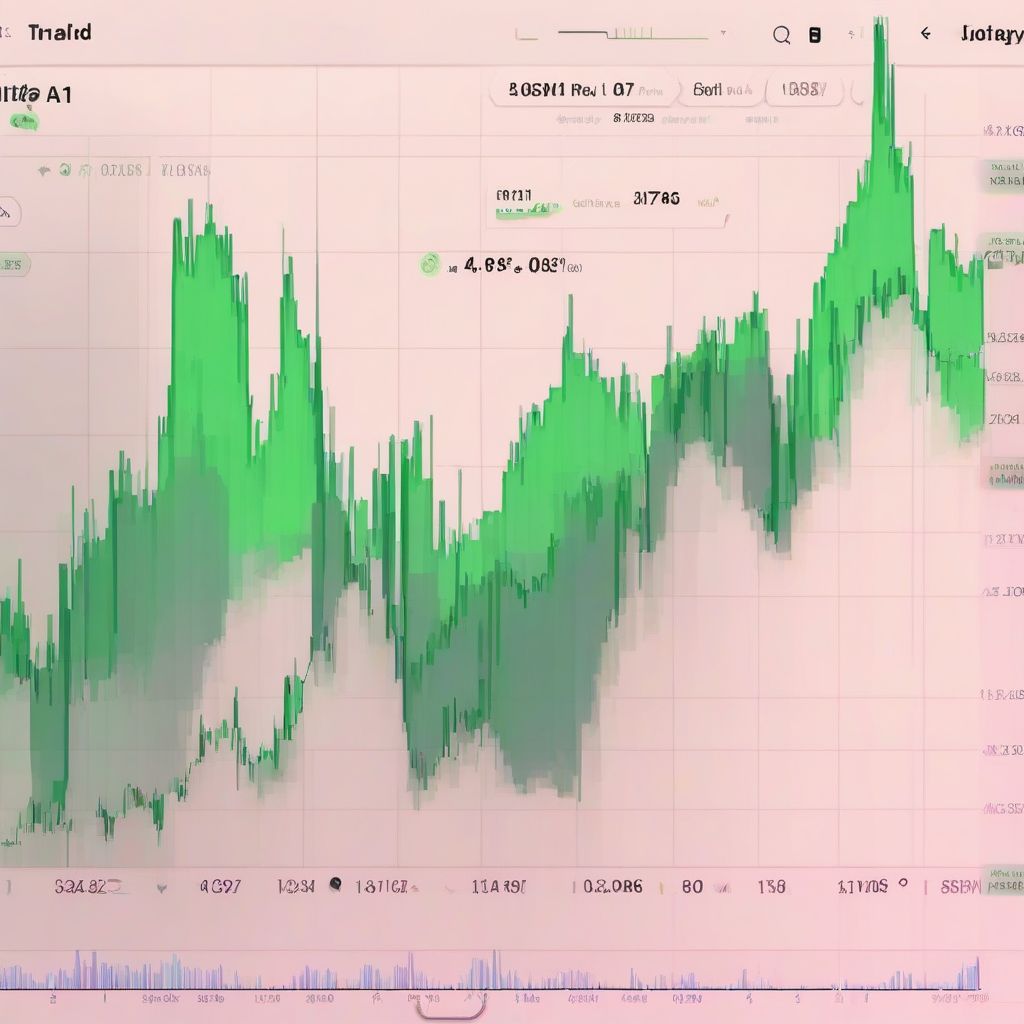Trading Houses Instead of Selling: A Smart Choice for Asset Recovery?
Have you ever found yourself with surplus assets, stuck between the desire to recoup their value and the daunting task of finding individual buyers? This is where the concept of “trading houses” enters the picture as a viable alternative to traditional selling methods. But what exactly are trading houses, and how can they benefit you?
Understanding Trading Houses and Their Advantages
What is a Trading House?
A trading house acts as an intermediary, facilitating the exchange of goods and services. Think of it as a sophisticated middleman that connects sellers with potential buyers on a larger scale. Instead of marketing and selling your assets individually, a trading house takes on that responsibility, leveraging its extensive network and market expertise.
Why Consider Trading Houses Over Direct Selling?
Here’s why opting for a trading house can be a strategic move:
- Access to a Wider Market: Trading houses boast extensive networks of buyers, both domestically and internationally, increasing your chances of finding the right match for your assets.
- Efficiency and Speed: The process of selling through a trading house is typically faster than navigating the complexities of individual sales. They handle the marketing, negotiations, and logistics, saving you time and effort.
- Expertise and Market Knowledge: Trading houses possess in-depth knowledge of market trends, pricing strategies, and industry-specific nuances, ensuring you receive fair value for your assets.
- Risk Mitigation: Trading houses often offer services that mitigate risks associated with payment defaults, currency fluctuations, and other potential challenges of international trade.
When Does Trading Houses Make Sense?
Trading houses aren’t a one-size-fits-all solution. Their suitability depends on factors such as:
- Asset Type: Trading houses typically deal with bulk commodities, raw materials, and certain types of equipment.
- Asset Value: Higher-value assets often justify the fees associated with using a trading house.
- Time Constraints: If you need to liquidate assets quickly, a trading house can expedite the process.
Choosing the Right Trading House
Selecting the right trading house is crucial for a successful transaction. Consider factors like:
- Industry Specialization: Some trading houses specialize in specific industries or asset types, ensuring relevant expertise.
- Reputation and Track Record: Research a trading house’s history, client testimonials, and industry standing before entrusting them with your assets.
- Fees and Commissions: Understand their fee structure and commission rates upfront to ensure transparency.
Conclusion
Trading houses offer a compelling alternative to traditional selling methods, especially when dealing with specific asset types or seeking efficient, large-scale transactions. By carefully evaluating your needs and choosing a reputable trading house, you can leverage their expertise and market reach to unlock the true value of your assets.
Have you had any experiences with trading houses? We’d love to hear your thoughts! Share your comments or questions below.


